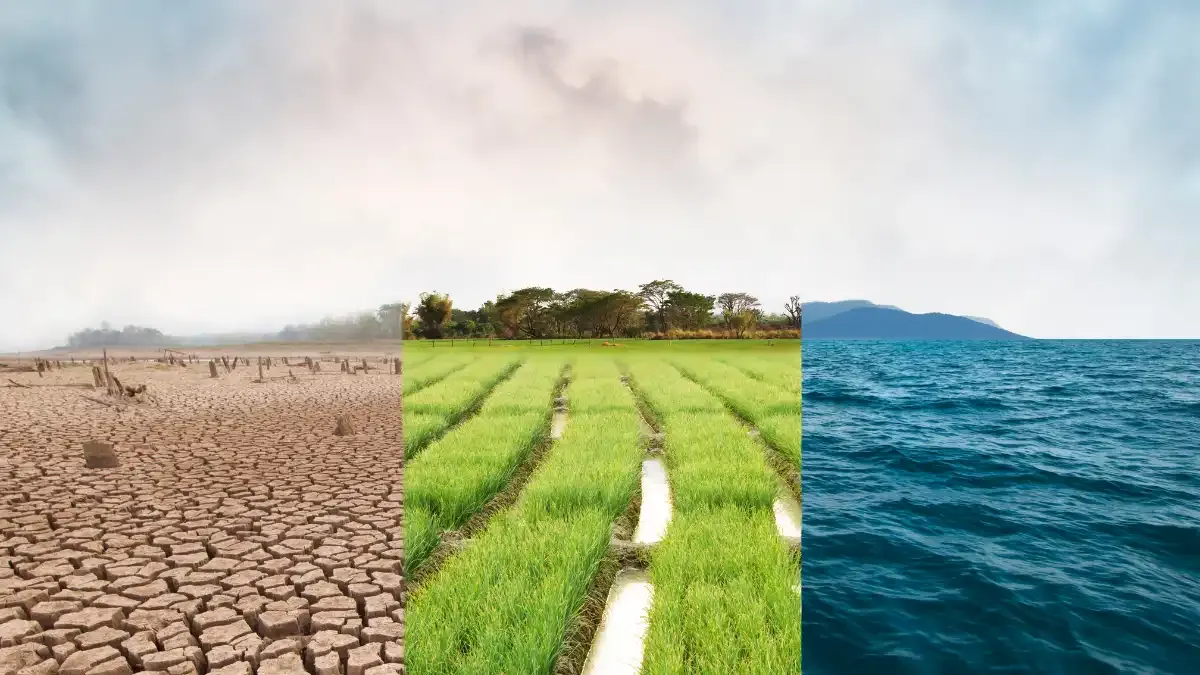An international team of scientists, headed by researchers from Oregon State University, has introduced a groundbreaking plan to navigate humanity away from the severe consequences of climate change. The team suggests their innovative approach focuses on ecological and social outcomes, emphasizing economic justice and environmental sustainability.
Paradigm Shift: A New Climate Model Supporting Justice and Sustainability
The researchers, including William Ripple from Oregon State University, advocate including their proposed scenario in climate models. They argue that their plan, labeled "radical incrementalism," contrasts existing scenarios and is crucial for addressing the shortcomings of current trends in emissions, political will, and social denial.
A Unique Restorative Pathway
Published in Environmental Research Letters, the scientists present a restorative pathway inspired by a 500-year dataset illustrating the surge in humanity's resource demands since 1850. The data underscores the urgent need for action, showcasing the alarming growth in population, GDP, energy consumption, and greenhouse gas emissions.
Challenging the Status Quo: Radical Incrementalism
The team suggests achieving massive change through small, short-term steps, challenging the status quo that isn't effectively addressing climate issues. They propose a pathway that focuses on reducing the consumption of primary resources, keeping environmental pressures within planetary boundaries, and stabilizing per capita GDP over time.
Comprehensive Earth System Analysis
The researchers comprehensively analyzed various variables, including fossil fuel emissions, population growth, GDP, land use, greenhouse gas concentrations, temperature changes, wildlife abundance, income inequality, and meat production. Their findings highlight Earth's significant changes, emphasizing the need for a restorative approach.
Beyond Carbon Capture: A Holistic Vision
Unlike current socioeconomic pathways, the proposed restorative pathway doesn't rely on carbon capture technologies or assume continued economic growth. Prioritizing large-scale societal change, the plan aims to limit global warming more effectively while addressing biodiversity loss and socioeconomic injustice.
A Call for Societal Change
The scientists argue that their pathway offers a more equitable and resilient world, promoting nature preservation, societal well-being, education equality, and a rapid transition to renewable energy. Their work presents a compelling case for humanity to embark on a journey to save the world from environmental and social crises.
Urgent Action Needed: Earth's Vital Signs Deteriorating
This proposal follows previous research by the team, indicating that Earth's vital signs have worsened to a perilous point. The scientists emphasize the urgency of addressing climate change and biodiversity loss through a comprehensive, long-term approach.
FAQs:
1. What is the "restorative" pathway proposed?
- The restorative pathway is a novel approach suggested by scientists led by Oregon State University researchers to navigate humanity away from the worst ecological and social outcomes of climate change.
2. How does this plan differ from existing climate scenarios?
- The proposed restorative pathway contrasts current climate scenarios, advocating for radical incrementalism and societal change.
3. Why do the researchers argue for the inclusion?
- The researchers believe their proposed scenario is crucial for climate modeling and discussion. They argue that its inclusion, alongside the commonly used shared socioeconomic pathways (SSPs), provides a much-needed alternative that strongly emphasizes social and economic justice and environmental sustainability.
4. What inspired the restorative pathway?
- The restorative pathway is inspired by a 500-year dataset illustrating the surge in humanity's resource demands since 1850.
5. How does the restorative pathway address issues?
- The proposed pathway aims to create a more equitable and resilient world by focusing on nature preservation, societal well-being, education equality, and a rapid transition toward renewable energy.
